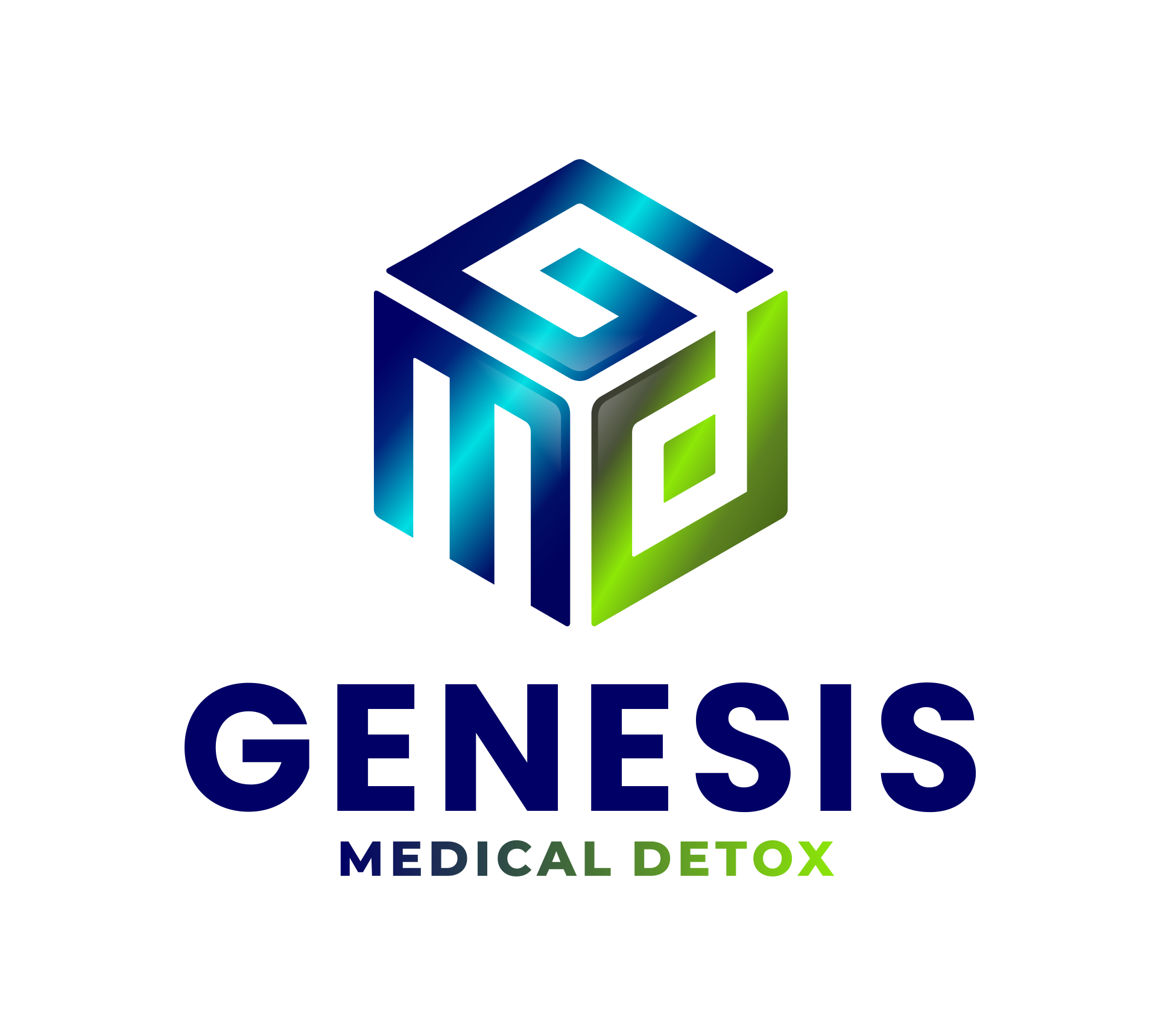
Tramadol Addiction is a growing problem in Tennessee. This concerning trend has been on the rise in recent years, affecting individuals from all walks of life. Tramadol, a prescription pain medication, has the potential for abuse and addiction, leading to devastating consequences for those who fall into its grip. It is crucial to address this problem and raise awareness about the dangers of Tramadol addiction to protect our communities and loved ones.
Tramadol addiction can affect anyone, regardless of age, gender, or background. From teenagers experimenting with prescription drugs to older adults seeking relief from chronic pain, the allure of Tramadol’s euphoric effects can quickly spiral out of control. For example, Sarah, a young college student in Tennessee, started using Tramadol recreationally at parties to enhance her experience. What began as casual experimentation soon turned into a full-blown addiction, impacting her academic performance and personal relationships.
Moreover, the accessibility of Tramadol through both legal prescriptions and illicit means contributes to the widespread nature of this issue. In Tennessee, where opioid prescriptions are more common than the national average, individuals have easy access to Tramadol, increasing the risk of misuse and addiction. For instance, Mark, a middle-aged construction worker, began using Tramadol to cope with work-related injuries. Over time, he developed a tolerance to the drug, leading him to seek higher doses illegally to satisfy his cravings.
Furthermore, the physical and psychological consequences of Tramadol addiction can be severe and long-lasting. Individuals struggling with addiction may experience withdrawal symptoms, such as nausea, sweating, and anxiety, when attempting to quit. Additionally, the emotional toll of addiction can lead to depression, isolation, and strained relationships with family and friends. For example, Lisa, a mother of two in Tennessee, found herself facing legal issues and financial hardships due to her Tramadol addiction, causing her to neglect her children’s needs and well-being.
What is Tramadol and Where Did it Come From?
Tramadol is a prescription pain medication that is used to treat moderate to severe pain. It belongs to a class of drugs called opioid analgesics, which work by binding to opioid receptors in the brain to block pain signals. Tramadol is similar to morphine in its pain-relieving effects but is considered to have a lower risk of dependence and abuse when used as prescribed.
Tramadol was first developed in the late 1970s by the German pharmaceutical company Grünenthal GmbH. It was later patented in 1977 and introduced to the market as Tramal in 1977. Tramadol’s unique mechanism of action, which includes both opioid and non-opioid effects, made it a popular choice for pain management in various medical conditions. Over the years, Tramadol has become widely prescribed in many countries, including the United States, for its effectiveness in treating pain with fewer side effects compared to traditional opioids.
How Does Tramadol Affect the Brain?
Tramadol affects the brain by binding to opioid receptors and increasing the levels of neurotransmitters, such as serotonin and norepinephrine. When Tramadol binds to opioid receptors in the brain, it blocks the transmission of pain signals and alters the perception of pain. This action results in pain relief for individuals experiencing moderate to severe pain.
In addition to its opioid effects, Tramadol also has serotonergic and noradrenergic properties. By increasing the levels of serotonin and norepinephrine in the brain, Tramadol can produce feelings of euphoria, relaxation, and well-being. These effects contribute to the potential for abuse and addiction when Tramadol is misused or taken in higher doses than prescribed.
Overall, Tramadol’s complex mechanism of action in the brain provides both pain relief and mood-altering effects, making it a valuable medication for managing pain but also posing risks for misuse and addiction if not used properly. Understanding how Tramadol affects the brain is essential in recognizing the potential dangers associated with its misuse and the importance of using it under medical supervision.
Detox From Tramadol
Detoxing from Tramadol can be challenging due to the physical and psychological dependence that can develop with long-term use or misuse of the drug. When someone decides to detox from Tramadol, it is essential to do so under the guidance of a healthcare professional to ensure a safe and effective process.
During the detox process, individuals may experience withdrawal symptoms as the body adjusts to the absence of Tramadol. Common withdrawal symptoms may include nausea, vomiting, diarrhea, sweating, anxiety, insomnia, and muscle aches. These symptoms can be uncomfortable but are manageable with proper medical support and supervision.
Healthcare providers may recommend tapering off Tramadol gradually to reduce the severity of withdrawal symptoms and minimize the risk of complications. Tapering involves slowly decreasing the dosage of Tramadol over time until the individual can safely stop taking the medication. In some cases, healthcare providers may also prescribe medications to help manage withdrawal symptoms and cravings during the detox process.
Additionally, counseling and behavioral therapy may be beneficial during Tramadol detox to address the psychological aspects of addiction and develop strategies for preventing relapse. Support from family, friends, or support groups can also play a crucial role in the detox process by providing encouragement and accountability.
Overall, detoxing from Tramadol is a challenging but achievable process with the right support and resources in place. Seeking professional help and guidance can ensure a safe and successful detox experience, leading to recovery and a healthier, drug-free life.
In Conclusion
In conclusion, Tramadol addiction is a pressing issue in Tennessee that requires immediate attention and action. By raising awareness about the risks associated with Tramadol misuse, providing support and resources for those struggling with addiction, and implementing stricter regulations on prescription opioids, we can combat this growing problem and prevent further harm to our communities. Let us come together to address Tramadol addiction and protect the health and well-being of our loved ones.
If you or someone you know is struggling with a chemical dependency issue reach out to Genesis Medical Detox or Magnolia Ranch Recovery today and get started on the path to long-term recovery.








